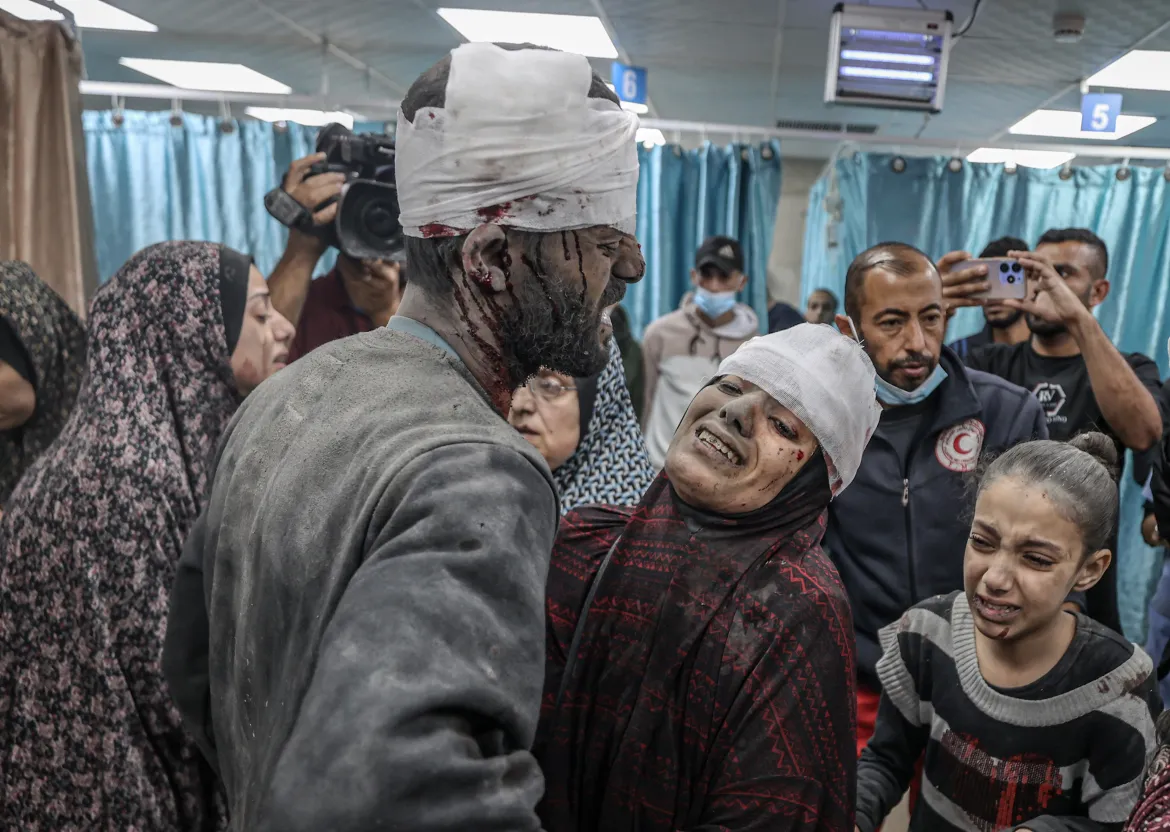An appeals court in Algeria has upheld a contentious five-year prison sentence for Boualem Sansal, a prominent writer known for his critiques of both the Algerian government and Islamic fundamentalism. The ruling, announced on July 1, 2025, exacerbates strained diplomatic relations with France, the nation that once colonized Algeria and where Sansal holds citizenship.
The 80-year-old author, who has been imprisoned for over seven months, was convicted on charges of jeopardizing Algeria’s national unity, specifically related to remarks favoring Morocco amidst a territorial dispute. The case has drawn considerable attention as it highlights broader issues of freedom of expression in Algeria, particularly under President Abdelmadjid Tebboune's administration, which has faced criticism for suppressing political dissent.
Amidst rising tensions, France's Foreign Ministry condemned the court's decision, labeling it as “incomprehensible and unjustified.” Officials have urged Algeria to extend humanitarian clemency to Sansal, whose declining health, including a cancer diagnosis, has heightened calls for his release. Prominent French intellectuals and writers have rallied behind him, drawing parallels between his situation and that of celebrated author Salman Rushdie.
In a February interview, President Tebboune insinuated that Sansal's case was politically motivated to rally public sentiment against Algeria. In response to the court’s verdict, Sansal's publisher, Antoine Gallimard, reported that the writer remains in good spirits despite his incarceration, with calls from his legal counsel for Sansal to accept the ruling in hopes of being granted amnesty.
The historical backdrop of Franco-Algerian relations—marked by a brutal war of independence that concluded in 1962—complicates the contemporary narrative. Relations have soured in recent years, fueled by incidents such as President Emmanuel Macron’s comments that favored Morocco in its claims over disputed territory in Western Sahara, an issue fraught with indigenous struggles supported by Algeria.
As diplomatic tensions continue to rise, the world watches closely, underscoring the delicate balance between artistic freedom and national security within the tumultuous landscape of North African politics.

















